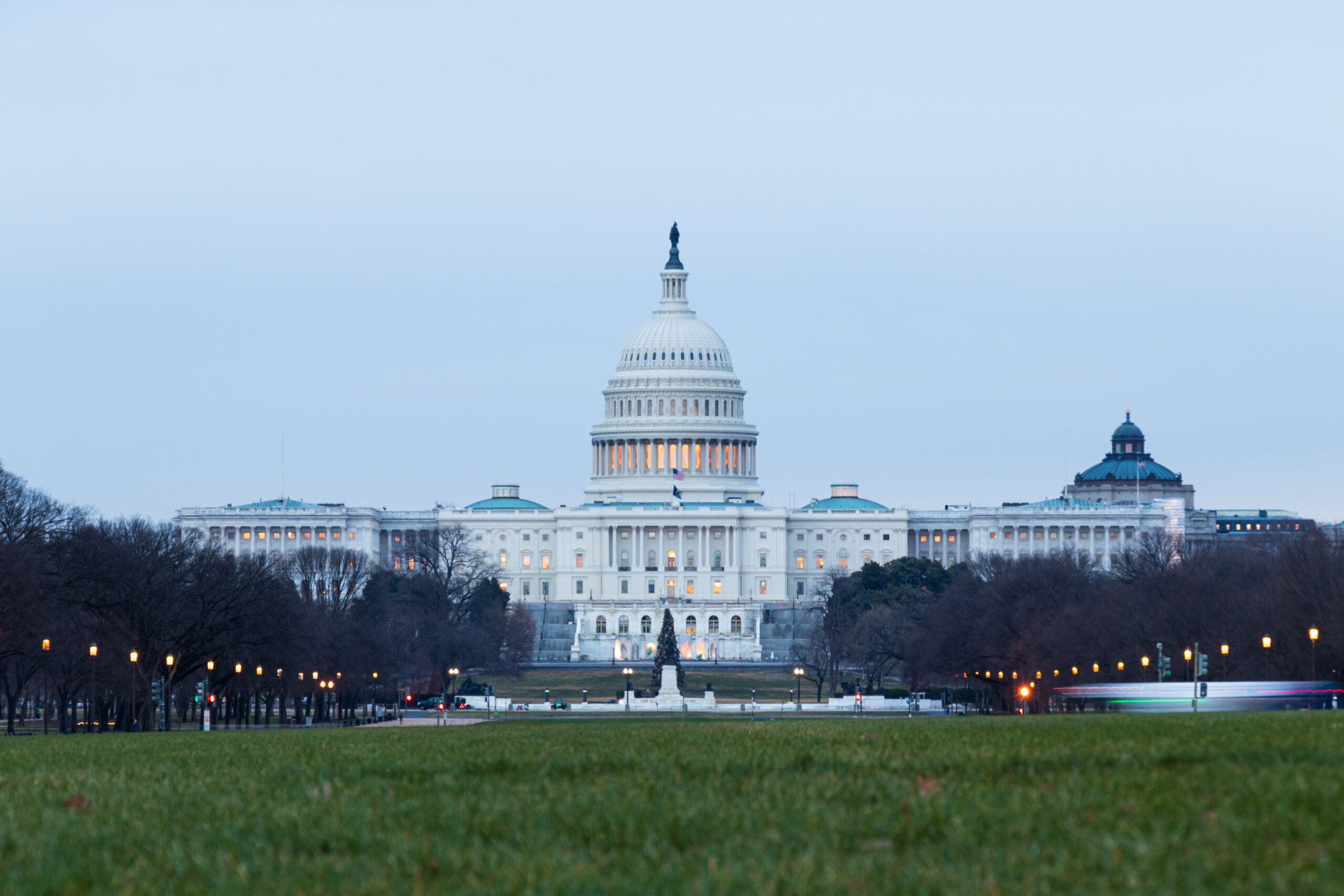
Google: COVID-19 Community Mobility Reports
Google has been recognized with the second-annual FPF Award for Research Data Stewardship for its work to produce, aggregate, anonymize, and share data on community movement during the COVID-19 pandemic. Google’s Community Mobility Reports go through a robust anonymization process that employs differential privacy techniques to ensure that personal data, including an individual’s location, movement, […]

FPF Issues Award for Research Data Stewardship to Stanford Medicine & Empatica, Google & Its Academic Partners
WASHINGTON, DC (June 29, 2021) – The second-annual FPF Award for Research Data Stewardship honors two teams of researchers and corporate partners for their commitment to privacy and ethical uses of data in their efforts to research aspects of the COVID-19 pandemic. One team is a collaboration between Stanford Medicine researchers led by Tejaswini Mishra, PhD, Professor […]

ITPI Event Recap – The EU Data Strategy and the Draft Data Governance Act
On May 19, 2021, the Israel Tech Policy Institute (ITPI), an Affiliate of The Future of Privacy Forum (FPF), hosted, together with the Tel Aviv University, The Stewart & Judy Colton Law and Innovation Program, an online event on the European Union’s (EU) Data Strategy and the Draft Data Governance Act (DGA). The draft DGA […]

Preemption in US Federal Privacy Laws
This post is the first in an ongoing series on federal preemption and enforcement in United States federal privacy legislation. As federal lawmakers consider proposals for a federal baseline privacy law in the United States, one of the most complex challenges is federal preemption, or the extent to which a federal law should nullify the […]

Colorado Privacy Act Passes Legislature: Growing Inconsistencies Ramp Up Pressure for Federal Privacy Law
Today, the Colorado Senate approved the House version of the Colorado Privacy Act (SB21-190) that passed yesterday, on June 7. If approved by Governor Jared Polis, Colorado will follow Virginia and California as the third U.S. state to establish baseline legal protections for consumer privacy. “Although the Colorado Privacy Act contains notable advances that build […]

Privacy Trends: Four State Bills to Watch that Diverge from California and Washington Models
During 2021, state lawmakers have proposed a range of models to regulate consumer privacy and data protection. As the first state to pass consumer privacy legislation in 2018, California established a highly influential model with the California Consumer Privacy Act. In the years since, other states have introduced dozens of nearly identical CCPA-like state bills. […]

South Korea: The First Case Where the Personal Information Protection Act was Applied to an AI System
As AI regulation is being considered in the European Union, privacy commissioners and data protection authorities around the world are starting to apply existing comprehensive data protection laws against AI systems and how they process personal information. On April 28th, the South Korean Personal Information Protection Commission (PIPC) imposed sanctions and a fine of KRW […]

Talking to Kids About Privacy: Advice from a Panel of International Experts
Now more than ever, as kids spend much of their lives online to learn, explore, play, and connect, it is essential to ensure their knowledge and understanding of online safety and privacy keeps pace. On May 13th, the Future of Privacy Forum and Common Sense assembled a panel of youth privacy experts from around the […]

Automated Decision-Making Systems: Considerations for State Policymakers
In legislatures across the United States, state lawmakers are introducing proposals to govern the uses of automated decision-making systems (ADS) in record numbers. In contrast to comprehensive privacy bills that would regulate collection and use of personal information, automated decision-making system (ADS) bills in 2021 specifically seek to address increasing concerns about racial bias or […]

A New Era for Japanese Data Protection: 2020 Amendments to the APPI
The recent amendments to Japan’s data protection law contain a number of new provisions certain to alter – and for many foreign businesses, transform – the ways in which companies conduct business in or with Japan.
